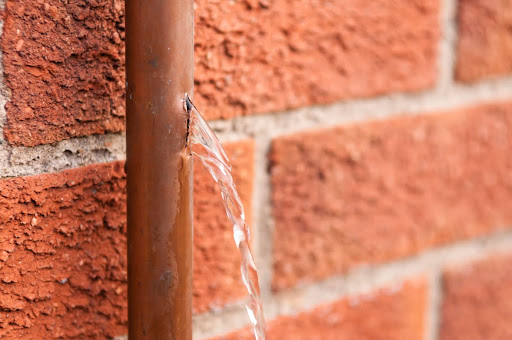When temperatures plummet, a common concern for homeowners is: how long does it take for pipes to freeze? This worry is not unfounded, as frozen pipes can lead to burst pipes, causing extensive damage to your home. Understanding how long it will take for pipes to freeze is crucial in preventing such disasters.
Understanding the Freezing Process
The answer to how long it will take for pipes to freeze is influenced by several factors. Typically, freezing temperatures, pipe material, and insulation play a significant role. In general, water freezes at 0 degrees Celsius (or 32 degrees Fahrenheit), but pipes need a sustained period of cold temperatures to freeze.
How Long Does It Take for Pipes to Freeze?
As a homeowner, it’s understandable if you worry about your plumbing during the winter months. So, how long does it take for pipes to freeze? The answer to this question largely depends on the outside temperature and the insulation of the pipes. In extremely cold weather, around -6.7 degrees Celsius, it can take as little as six hours for pipes to freeze. However, in milder conditions, it might take a day or more.
Factors Influencing Freezing Time
Several factors can affect how long it will take for pipes to freeze. These include:
- Temperature: The lower the temperature, the faster the pipes will freeze.
- Insulation: Pipes without insulation, especially those in exterior walls or unheated spaces, freeze more quickly.
- Pipe Material: Metal pipes like copper freeze faster than plastic pipes due to better heat conductivity.
Warning Signs of Freezing Pipes
Be aware of the warning signs of freezing pipes. These include reduced water flow from faucets and strange noises when using water. These signs indicate that the pipes are starting to freeze, and immediate action is required.
Preventing Frozen Pipes
To prevent frozen pipes, consider the following tips:
- Keep your house warm, at least above 13 degrees Celsius (or 55 degrees Fahrenheit), even when you’re not home.
- Open cabinet doors to allow warm air to circulate around your plumbing.
- Seal cracks and holes to prevent cold air from entering.
- Apply insulation to pipes, especially those in vulnerable areas like crawl spaces or near exterior walls.
What to Do If Pipes Freeze
If you suspect your pipes have frozen:
- Keep the faucet open to allow water to flow, which helps to melt the ice.
- Apply heat to the frozen section of the pipe using a space heater, hot water, or a hairdryer. Avoid using an open flame.
- If you cannot thaw the pipe or locate the frozen area, call a professional plumber immediately.
Risks of Burst Pipes
Frozen pipes can lead to burst pipes due to the tremendous pressure buildup. A burst pipe can wreak havoc in your home, causing leaks and extensive water damage. It’s important to take immediate action if you notice any signs of frozen pipes.
When to Call a Professional
If you’re unable to prevent or manage frozen pipes, it’s time to call a professional. Same Day Plumbing offers expert services for frozen pipe repair and can help protect your home from the risks associated with freezing and bursting pipes.
Contact Our Expert Plumbers Today!
So, how long does it take for pipes to freeze? Ultimately, several factors can impact the time it takes for this problem to occur and wreak havoc on your property.
Understanding how long it will take for pipes to freeze is essential in taking proactive steps to protect your home. By being vigilant and implementing preventative measures, you can avoid the significant damage and inconvenience caused by frozen and burst pipes. Remember, Same Day Plumbing is here to help with any plumbing needs, from frozen pipe repair to toilet installation in Toronto, ON, and the surrounding areas.
Don’t wait until it’s too late. Schedule an appointment with Same Day Plumbing today to protect your home from the harsh winter and its effects on your plumbing!


